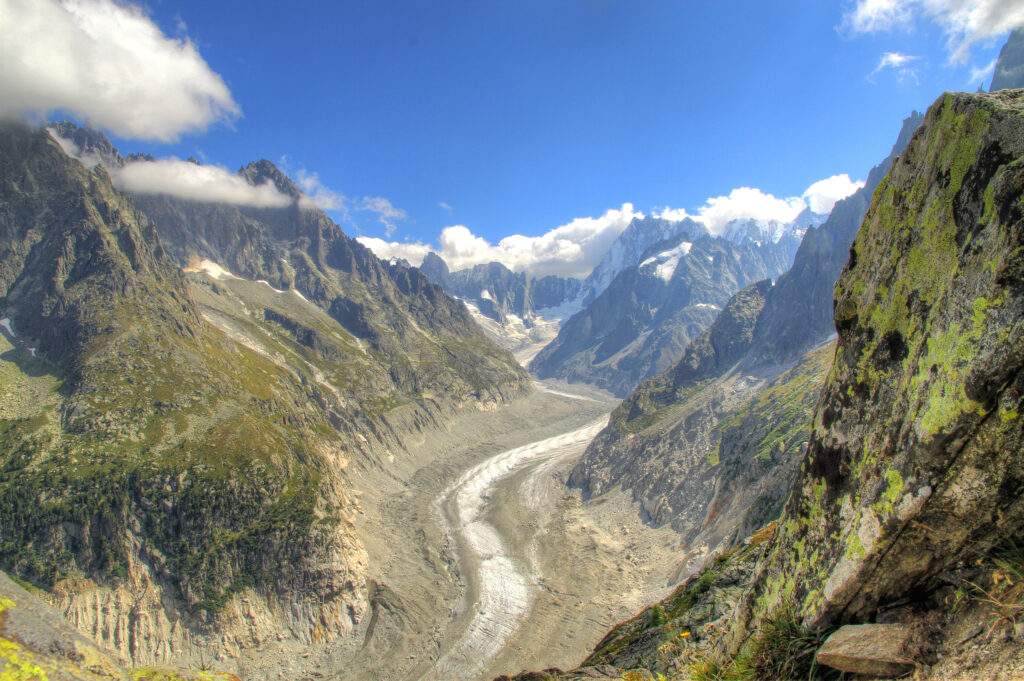Eco-anxiety has been described as a ‘chronic fear of environmental doom’ in the face of climate change, biodiversity loss, and the failure of governments to respond with adequate urgency. While the term itself has only recently become more well-known, it represents a phenomenon that has affected me and many others for several years.
I remember feeling worried about the threat of rising sea levels as a child, but for much of my life I had blithely assumed that governments would take the action necessary to avoid disaster. It wasn’t until I went to university in 2016 that fear truly struck me for the first time. One morning as I ate my breakfast, I was scrolling through an online discussion about how life would look in 50 years. After several optimistic and creative suggestions, someone had posted words to the effect of ‘I work in climate science and it doesn’t bear thinking about’. I don’t know why, but it was the honesty of this complete stranger that pulled my head firmly out of the sand.
After accepting that the climate crisis wasn’t getting any better, I began to feel despair, frustration and anxiety about the future on a daily basis. These feelings came to a head in 2018, when several months seemed to pass without rainfall and wildfires raged across the moors near my home. That summer, I was lucky enough to visit Chamonix in the French Alps. Amidst the beauty of the alpine landscape, it was impossible not to feel sad when comparing the old photo of the Mer de Glace that hung in our holiday apartment with the receding, sunken glacier that now ran through the valley. Greta Thunberg was not a household name at this point, and I was not aware of any widespread climate action taking place. It felt like nobody cared.

Luckily, I was wrong. It was around this time that the climate crisis finally seemed to become a major talking point both in the media and in my life. When I went back to university that October, I joined my college’s environment committee and began to engage in more conversations about climate change. In early 2019, I took part in a climate strike for the first time and felt a great sense of solidarity with the other students and passers-by who shared my concerns. I have since linked up with more passionate individuals by joining a local campaigning group and, most recently, by becoming a member of UK Youth 4 Nature. Spending time with others who want to make a positive difference has been the best antidote to the despair I feel at the inaction of governments and corporations. It reminds me just how many people are committed to the fight for our future.
Nevertheless, eco-anxiety is still very much a part of everyday life. It means that I hardly dare make plans for the long-term future, because it’s uncertain what that future will look like. Often, it feels pointless to think about personal goals when there is little indication that governments will deliver on their promises to curb rising emissions and prevent runaway climate change. Whenever I hear about yet another temperature record being smashed or another environmental policy being scrapped, this sense of dread grows a little more. And yet, my worries are a tiny burden to bear compared to those of millions of people around the world who already risk losing their livelihoods and lives as a result of climate change.
The climate crisis is here now and will continue to get worse if we fail to act, so I believe that eco-anxiety is a rational response to the very real threats facing our planet and its inhabitants. This is not to say that we should lose hope. Instead, I have learnt that by joining forces with other people who feel exactly the same, we can channel our anxiety into action and change.


